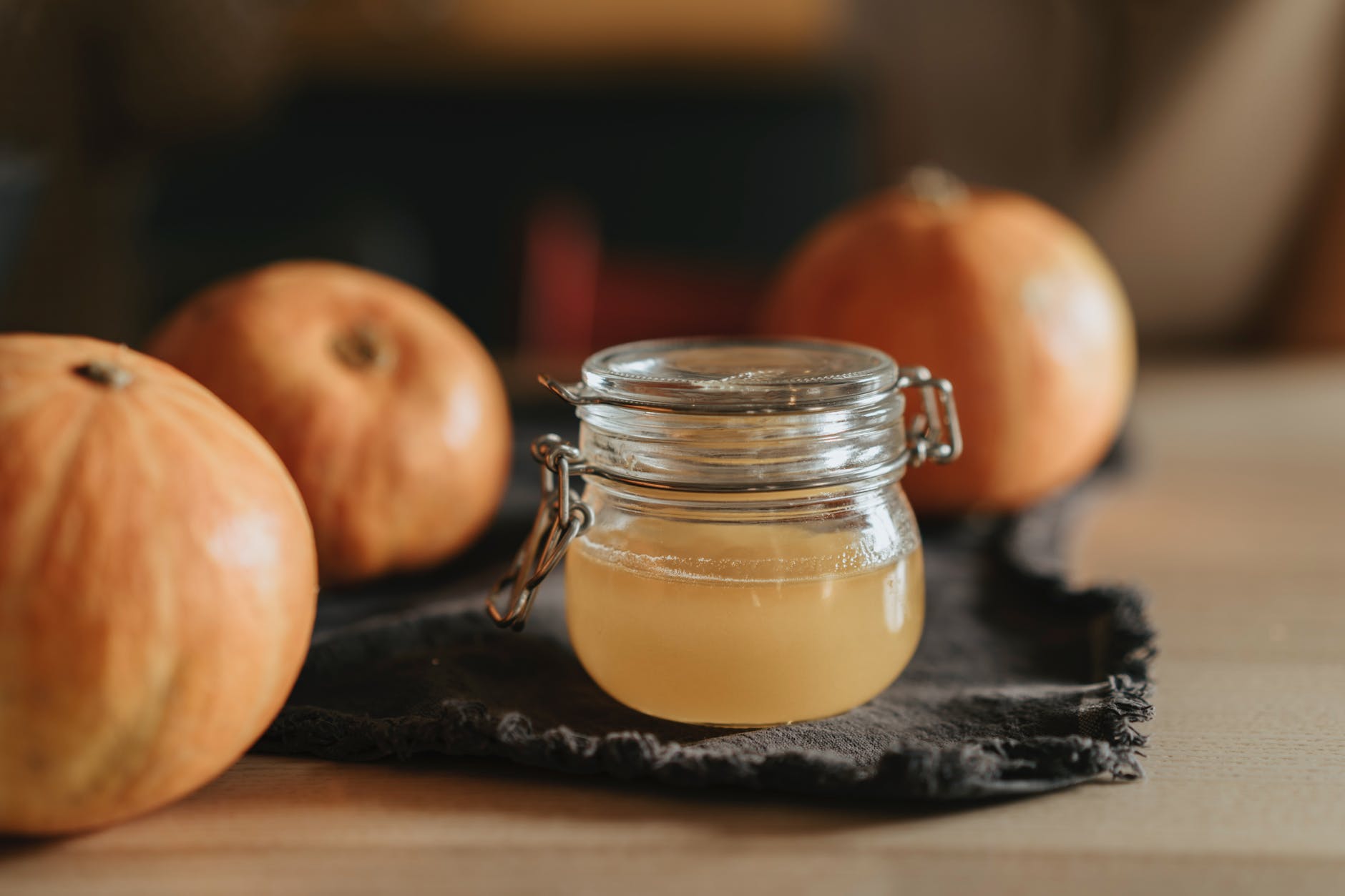
Hello to all our fantastic readers! 🙋♀️
We’re taking a deep dive into a health topic that’s been buzzing with interest lately – Apple Cider Vinegar (ACV). Known for its strong aroma and sour taste, ACV is a staple in many kitchens. But did you know that it has also been making waves in the health and wellness community? Particularly when it comes to weight loss, ACV is a hot topic. 🌡️
But, how much of this is hype, and how much is fact? 🕵️♀️ Let’s embark on a journey to unravel the mysteries of ACV for weight loss! 🏁
What is Apple Cider Vinegar (ACV)? 🍎
Apple cider vinegar is a unique type of vinegar derived from the fermentation of apple cider. This fermentation process converts the sugar from apples into acetic acid, providing ACV with its distinctive sour flavor and strong smell. It has long been used as a home remedy for various health problems, but it’s the recent claims around weight loss that have really thrust ACV into the health limelight. 💡
ACV and Weight Loss: What’s the Connection? 🏋️♀️
At the heart of ACV’s weight loss potential is acetic acid, which researchers believe may aid weight loss in a few ways:
- Boosting Metabolism: Acetic acid may increase your metabolism, helping your body burn calories more efficiently. This could potentially translate into weight loss over time. 🔥🏃♀️
- Reducing Fat Storage: Some animal studies suggest that ACV could encourage the body to reduce fat storage. However, this area still needs more investigation, particularly in human subjects. 🐭🔬
- Suppressing Appetite: Feeling full and satisfied can reduce your calorie intake, which is critical for weight loss. Some people find that ACV helps suppress their appetite, making it easier to stick to their diet. 🍽️🚫
- Improving Insulin Sensitivity: One of ACV’s interesting properties is its potential effect on insulin function, leading to lower blood sugar levels after meals. This could indirectly support weight loss and management, especially for individuals with insulin resistance. 🩺💉
How to Incorporate ACV into Your Weight Loss Regimen 🍶
While ACV can be a helpful tool in your weight loss journey, it’s not a magic solution. To effectively lose weight, it’s essential to maintain a balanced diet and engage in regular physical activity. ACV can complement these efforts by potentially curbing appetite, improving digestion, and offering other health benefits. Here’s how you can incorporate ACV into your weight loss plan:
- Start Small: Just like any new dietary addition, it’s best to start with a small dose of ACV and gradually increase it. Begin with 1 teaspoon per day and gradually work your way up to 1-2 tablespoons per day. 🥄
- Dilute It: ACV is highly acidic, which can potentially harm tooth enamel or cause stomach discomfort if consumed undiluted. Always dilute ACV in water or another beverage to make it safer and more palatable. A common recommendation is mixing 1-2 tablespoons of ACV with a glass of water. 🚰
- Pair with a Meal: Taking ACV before a meal could reduce blood sugar spikes post-meal and create a sense of fullness, which might help in managing food portions. It’s an easy way to make meals more ACV-friendly! 🥗
Wrapping up, it’s clear that while ACV isn’t a cure-all, it can certainly play a role in a comprehensive weight loss plan. Weight loss is a journey, and every journey begins with a single step. With the right knowledge and tools in your arsenal – and maybe a bit of apple cider vinegar – you can take that step with confidence! 🚶♀️
In our next installment, we’ll delve into combining ACV with other ingredients like lemon juice for additional weight loss benefits. Don’t miss out! 🍋
Stay active, stay informed, and stay healthy! 🌞📚🍏













